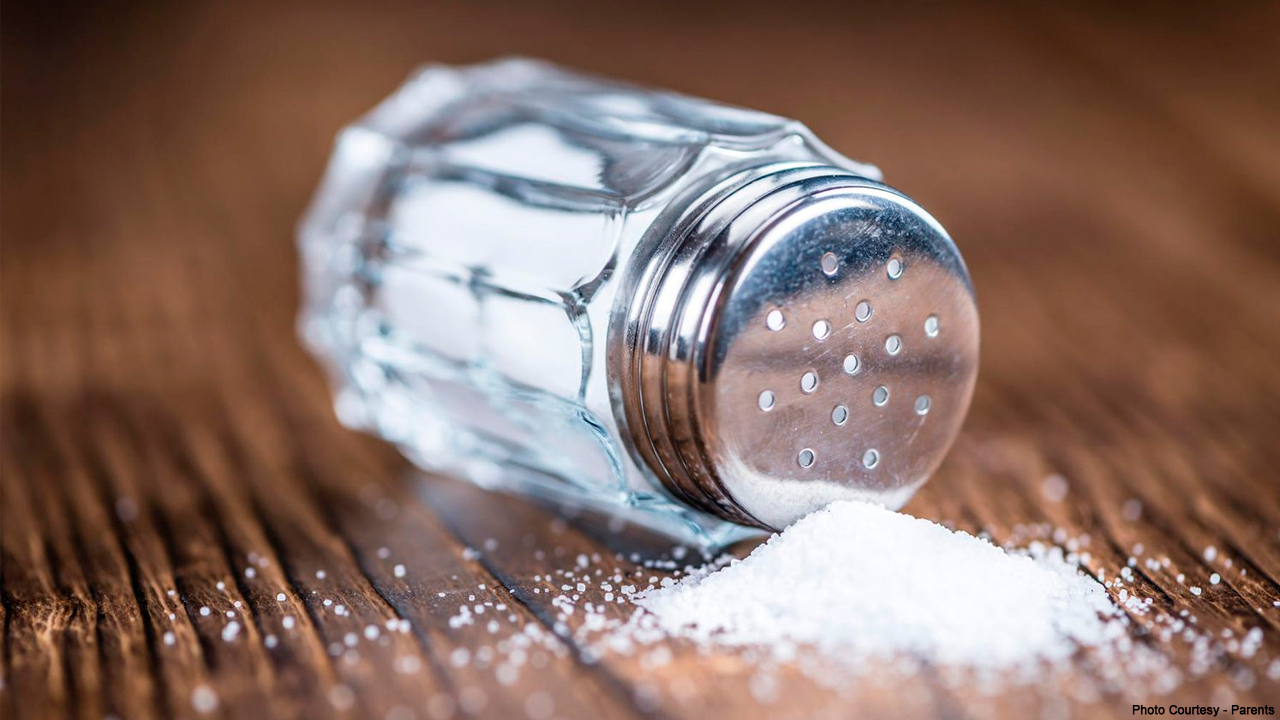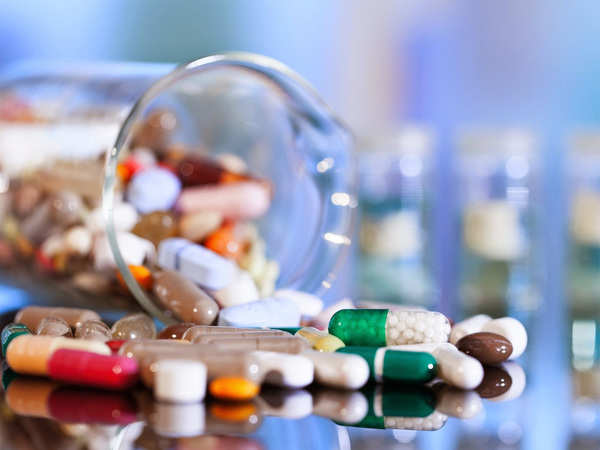Salt is scientifically known as Sodium Chloride (NaCl), Salt is basically a source of sodium in your diet. It is a mineral that the human body needs to function correctly. It regulates the electrolytes that allow the brain to carry out electrical signals through to the nerves and muscles. They regulate nerve and muscle function, hydrate the body, balance blood acidity.
Only a small amount of salt is needed on a daily basis to perform these essential functions. However, a lot of people consume far more salt than is advised each day, which might have negative health effects.
Here are some effects on health of eating too much salt:
Intense thirst - Eating Salty meals can lead to dry mouth and feel very thirsty because your increased sodium levels. Intense thirst is a body's defence mechanism to trick you to drink more water to correct the sodium level in your body.
Headache - A high-salt diet can also increase headache susceptibility in those with normal blood pressure. According to study, people who consume the most salt also experience headaches the most frequently.
Swollen Hands and feet - To maintain a specific sodium-to-water ratio in your body, your kidneys hold on to extra water to compensate for the extra sodium you ate, which results in swollen hands and feet, as well as feeling bloated and puffy.
Rise in blood pressure - An excess salt in meals might increase the amount of blood flowing through your arteries and veins. This may result in a temporary rise in blood pressure. People, mostly older adults should reduce the salt intake with their increasing age.
Heart disease - High blood pressure may result in a higher risk of heart disease, heart failure and strokes.
Kidney stones - Excess salt increases the amount of calcium in urine. When calcium combines with oxalates or uric acid in urine, crystals start to form and eventually lead to kidney stones. As these crystals get bigger, they become stones.
How to reduce Salt Intake:
- Avoid eating Junk food and restaurant meals.
- Read the labels when purchasing prepared and packaged foods, and choose ones with less or no salt.
- Reduce the amount of salt to homemade dishes.
- Use spices and herbs to flavor your food.
- Eat more fresh food.
Maintaining a healthy level of salt consumption is important. Your doctor can advise on how much salt is safe to consume. Eating excess salt can result in negative health impact. To compensate for a high salt meal, try drinking more water, eating potassium-rich foods, and reducing your salt intake at other meals.

 Salt is an extremely important component of flavor, But excess of salt in meals can lead to some side-effects or health risks. Let's read some disadvantages of Salt.
Salt is an extremely important component of flavor, But excess of salt in meals can lead to some side-effects or health risks. Let's read some disadvantages of Salt.



















.jpeg)


.jpeg)



.jpeg)
.jpeg)






.jpeg)





